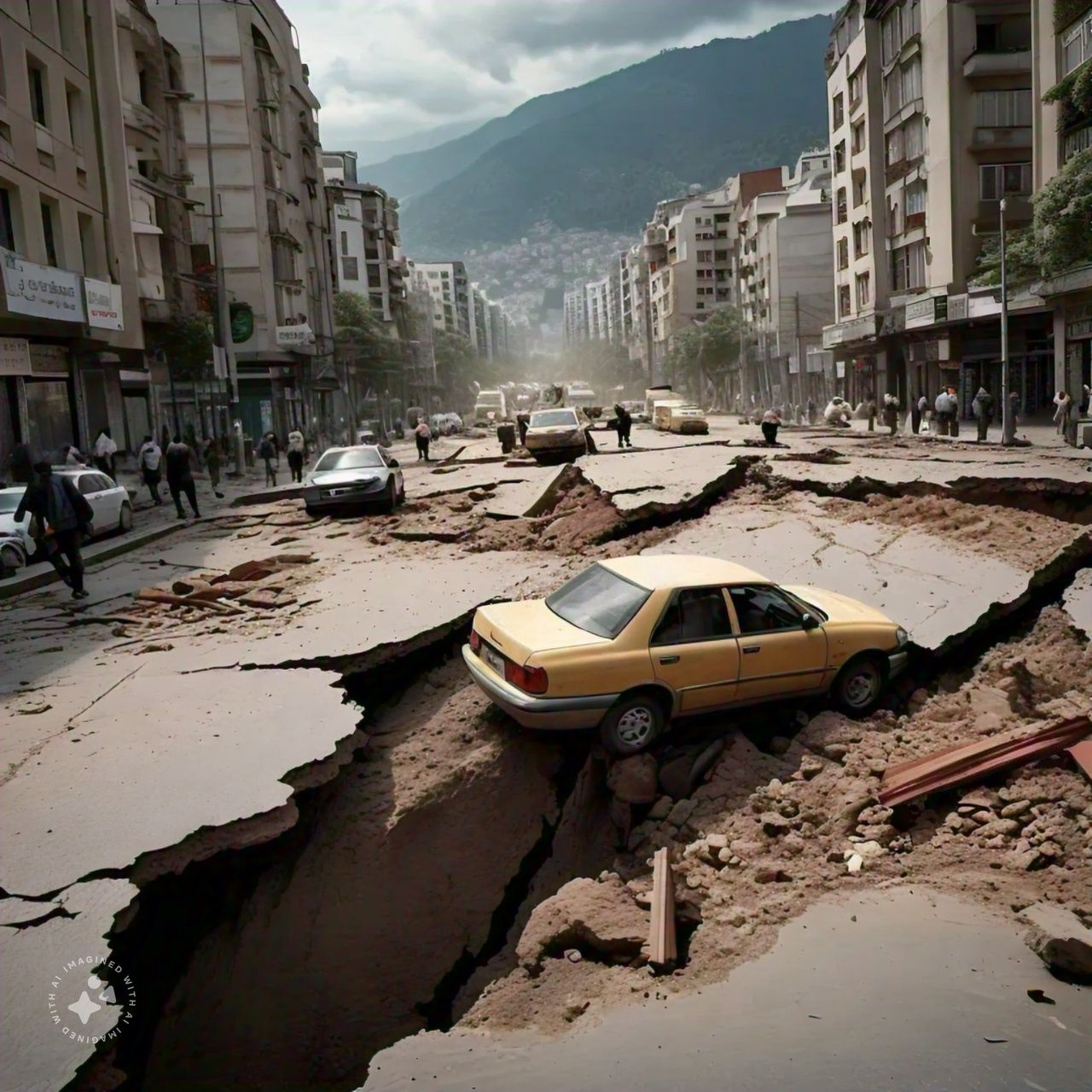
With schools going virtual during COVID-19, cyber schools take center stage
COVID-19 brought traditional school to a grinding halt in 2020 and many haven’t adjusted well to remote learning.
Throughout the coronavirus pandemic, there has been a growing desire for things to return to normal.
Two and a half months into the quarantine, there is starting to be light at the end of the tunnel for parts of the country least affected by the virus.
However, those heavily-affected areas are still in the dark when it comes to a timeline.
For adults, it’s meant two-and-a-half months at home, either operating under the new normal of remote work or filing for unemployment having seen their job vanish.
As their parents stress, children and young adults desire the same return to normal with a similar uncertain or absent timeline.
Schools, like every other big gathering in society have been canceled for the duration of the pandemic. In some states, like Pennsylvania, it’s for the remainder of the school year.
Districts are instead operating remotely, introducing a new reality to students three-quarters of the way through the year.
That’s been a struggle for many, but at Agora Cyber Charter School, CEO Michael Conti said his students “never missed a beat.”
“We’re very fortunate that our infrastructure is built for something like this,” he said.
Founded in 2005, Agora is one of 15 cyber charter schools in PA that serve upwards of 32,000 students across the commonwealth.
Conti, while only in his fourth year at the school, is in his 20th in the virtual school space. He was part of PA Cyber, the first K-12 cyber charter in the state in Midland, PA, 10 or so minutes from the Ohio-Pennsylvania border.
“The town had no high school,” said Conti. “So this was really an option that was explored with the entire community to determine what would happen if there were no other opportunities for our kids.”
The community discussions evolved into a question of whether other kids in the state would be interested in a virtual schooling option. In its first year, PA Cyber had approximately 550 applicants.
“Nobody expected that, it was incredible,” said Conti.
In those first couple years of cyber charters, most of the students came from homeschooling families, but as more popped up, more students came for a host of reasons.
Some were bullied out of traditional school, others had phobias, medical conditions, needed extra help with schooling, or were on strict athletic schedules.
For Mrs. Toro’s daughter, Adalina, the switch to Agora came after a boy started bullying her in kindergarten.
“The school handled it in a way as to say he did what he did to her because he liked her,” she said.
Her daughter also suffers from eczema and asthma to the extent that she was a regular visitor to the school nurse for medication. Toro got the impression from administrators after some time that it was “a problem” for Adalina to be medically excused from certain activities.
“All of that together just made me realize I needed to do something. I needed to get her out of the situation,” she said.
After coming home from another day debating with administrators and crying, Toro saw an ad for Agora on TV and called.
RELATED CONTENT
“The gentleman who I spoke to pretty much comforted me, told me he was going to take care of everything, help me from that moment forward,” she said.
From that moment forward, she didn’t look back. Adalina, then in first grade, would attend Agora. Nine years later, she’s still at Agora and headed into tenth grade. Her brother, Ethan, and sister, Nereida, followed in her footsteps and are also at Agora, but have been there their whole schooling careers.
At first, Toro admits she was “scared” sending Adalina to cyber school.
“I was worried they weren’t going to get the same education as public school,” she said.
Fortunately, Agora exceeded her expectations.
Unlike some cyber charter schools that use modules or other online learning formats, approximately 85% of Agora classes use live instruction from teachers located all around the state.
“Nothing can replace a highly-qualified, certified teacher in front of a group of kids,” said Conti. “That’s the essence of education.”
The other 15% is for those students that do asynchronous learning, with more staggered schedules than a normal school day.
Agora also houses many clubs for its students and any other year, the school would also be holding a commencement ceremony and prom for its seniors.
“You’d be shocked at how similar this looks to almost every other school, it’s just that kids don’t come into a classroom,” said Conti.
In April 2019, the school also became the first trauma-informed cyber school in the nation to help kids through traumatic life circumstances.
Many would call both the coronavirus pandemic and its subsequent quarantine traumatic life events, but both Conti and Toro agree that the school’s presence offers students the normalcy of routine that’s needed.











LEAVE A COMMENT:
Join the discussion! Leave a comment.